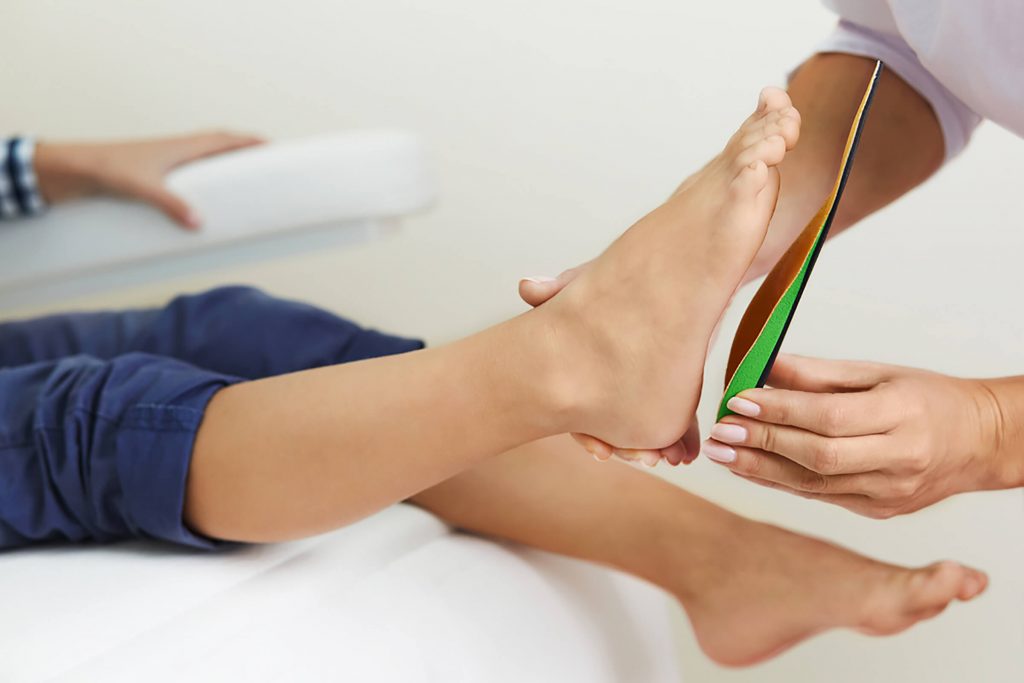As someone who has a parent who is a diabetic patient, a lot of care is taken and that too daily. Diabetes is dangerous for your feet, leaving a higher risk for developing an infection or encountering other serious complications from even the slightest of injuries. It can cause nerve damage that takes away the feeling in your feet as well as it reduces the blood flow to the feet, making it harder to heal a wound or resist infection. Foot care is essential when you are a diabetic patient, as you never know when you can develop an infection that can eventually lead to other problems. So today, I’m going to share some tips on how to care for diabetic foot health! Hope it helps.

1. Controlling your blood sugar levels – If you can’t do it on your own, then work along with your doctor to keep your blood glucose in the target range. This reduces diabetic complications such as retinopathy, neuropathy, and kidney damage. Do exercise at least 3 or 4 times a week as it will help in improving your blood sugar control and boost your overall fitness.
2. Inspect your feet every day – As a diabetic patient, if you have any injury or crack it will not be felt. That is why you need to inspect your feet every day. If you can do it yourself, then have someone check your feet, or you can place a mirror on the floor to see under your feet.
3. Say no to hot water – People with diabetes develop nerve damage or neuropathy, which makes it hard for them to tell if the bathwater is too hot. Lukewarm water is ideal when stepping into a bath and do check the temperature before. Hot water can cause severe damage to your feet as burns and blisters are open doors to infection. A way to check if the water is hot or not is to do it with your elbow.
4. Be gentle – Use a soft wash cloth or sponge when you are washing your feet as any harsh move can cause an injury or scar that can lead to an infection. Carefully dry them by cleaning between the toes so that any trapped moisture is removed.
5. Do not walk barefoot indoors or outdoors – Protect your feet by wearing shoes with good coverage as it prevents any wound from happening. Did you know that you need to wear something while being indoors? It is better to have a pair of slippers on as there is always the risk of small cuts, scrapes, and penetration by splinters, glass shards, or any other material. Sometimes because of neuropathy, these injuries are detected later when they are infected. That’s why it is best to wear shoes or slippers all the time, even when indoors.

6. Quit smoking to improve circulation – The dangers of smoking are never-ending and yet smokers are not conscious enough. It is proven that the chemicals in cigarettes damage and constrict your blood vessels. So if you are an active smoker and a diabetic patient, then you are depriving your feet of the nutrient and oxygen-rich blood that are needed to fight infection.
7. Opt for low-impact exercises – It is important for a diabetic patient to have some activities. However, opt for low-impact exercises that are beneficial for your feet. Low-impact exercises include walking or swimming, as it does not put so much pressure on your feet. Make sure you have the right shoe for any activity you have chosen.
8. Stabilize your feet with orthotic shoes – Wearing the right shoes is as important as taking care of your feet. For a diabetic patient, orthotic footwear is a great investment as it protects and provides comfort. There are shoes which are made, especially for people with diabetes. These are available at speciality stores or online. Visit a podiatrist for advice.
9. Buy footwear and socks that are diabetes-friendly – Shopping for shoes for people with diabetes needs a little more attention than the normal ones. Look for shoes with more depth in the toe box, shoes that provide a good coverage of both top and bottom, and that has no seams inside the shoe. Opt for socks that are padded and made from cotton for any other material that controls moisture.
10 Go to the podiatrist to treat foot problems – Even the harmless calluses can become a problem if you ignore them. A diabetic patient needs to consult a podiatrist instead of heading to the pharmacy for an over-the-counter product for feet. Be sure that the products do not irritate your skin or cause an infection.
11. Choose a professional – With over 30 years of experience, My Podiatrist has a team of highly qualified podiatrists who care for your foot health. A professional will help you understand the importance of taking care of a diabetic patient.



